Mundakopanishad: Tale of Two Brids Jiva and Isvara
Mundaka literally means 'Shaving of the head'. This Upanisad, therefore, is also called as the Shaving Upanisad, or the Upanisad of the Tonsured'. 'Shaving Upanisad' - because its contents remove the superimposed veil of ignorance obscuring the Atman through direct and penetrating exposition of the higher knowledge like a razor removes the hair from the head; and 'Upanisad of the Tonsured' because it is primarily intended for sannyasins to help them in their quest for the attainment of the eternal and the imperishable Brahman.
This Mundakopanisad consisting of sixty-four mantras, rendered in a picturesque language, couched in varied and charming metre and diction which are uniformly sublime, belongs to Atharva-veda. All serious sadhakas will spiritually benefit by practising repeated contemplation upon its teachings. It is divided into three chapters or mundakas and each of these in turn into two sections or khandas. This Upanisad contains some of the most famous, beautiful and often quoted analogies in the literature of Upanisads. After explaining the lower and higher knowledge, the changeless Reality is pointed out to be all-pervading, subtler than the subtlest, the everlasting, the source of all. The creation of universe is explained, with three beautiful analogies of spider, plants and hair on the body of man, to have sprung out of eternal Brahman. Fruits of rituals and sacrifices are finite and transient. Good works, no doubt, lead them to heaven, where rewards are quickly exhausted and they are flung back to earth. Sincere sadhakas who are contented, self-controlled and tranquil are advised to practise austerity and meditation in solitude, approach reverentially a Teacher well versed in scriptures and well-established in Brahman. Such a Teacher alone can show him the path to Liberation. The imperishable Brahman alone is Real. The things and beings arise from Him and merge back into Him, just as innumerable sparks fly upwards from the blazing fire and after burning themselves out merge back into the fire. All creatures descend from the Imperishable - from Him the sky, from sky the rain, from rain the food, and from food the seed in a man which he gives to a woman. The self-luminous Brahman is all, ever-present in the hearts of all. A method of penetrating Brahman is given with a very practical analogy. Om is the bow, the arrow is the individual being, and Brahman is the target. With mind absorbed and heart melted in love, draw the arrow and hit the mark -the imperishable Brahman. Lose thyself in Him, just as the arrow gets lost in the target. One of the most glorious stanzas of our scriptures generally chanted soon after the offering of camphor flame in arati, without which no ritual is concluded, finds place in this Upanisad as also in Kathopanisad and Svetasvatara- upanisad. 'Him the sun does not illumine, nor the moon, nor the stars, nor the lightning, nor indeed the fires kindled upon earth. Everything shines, illumined by His light, reflecting His glory'. Another well-known analogy - A pointer to Brahman is from this Upanisad. Two birds (jivatman and Paramatman) bound to each other in close friendship (because jivatman is nothing but the image of Paramatman seen through the medium of mind) are perched on the tree (the body). One of them eats the fruits of the tree with relish, while the other looks on without eating. Jiva, owing to identification with the body and mind becomes the doer (karta) and enjoyer (bhokta), thus enjoys and suffers. But Paramatma remains untainted by any such modification and remains just a witness, neither enjoys nor suffers. Another famous dictum which has been accepted as the motif on our national emblem, 'Truth alone triumphs not untruth' also finds place in this Upanisad. By truthfulness alone one leads to the Truth's eternal abode - Brahman, the Supreme, which is subtler than the subtlest, farther than the farthest and nearer than the nearest, who resides in the lotus heart of every being.
Get it now and save 10%
BECOME A MEMBER

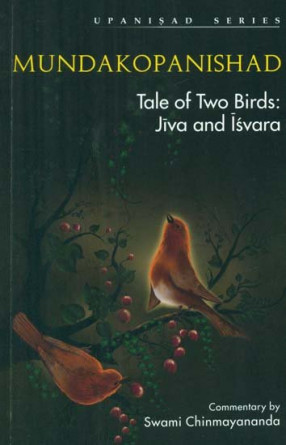

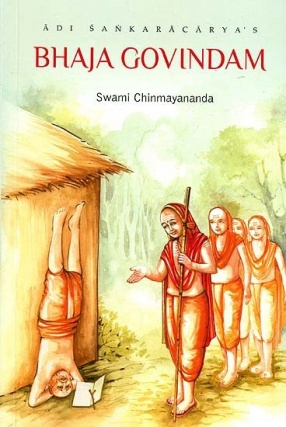

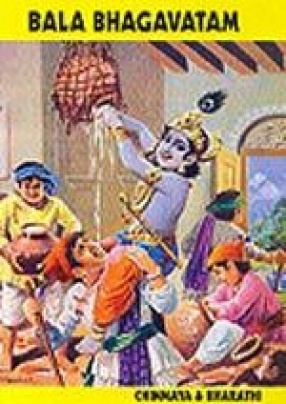
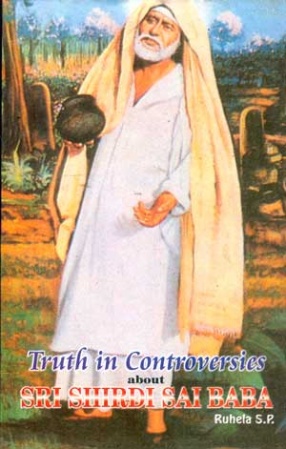

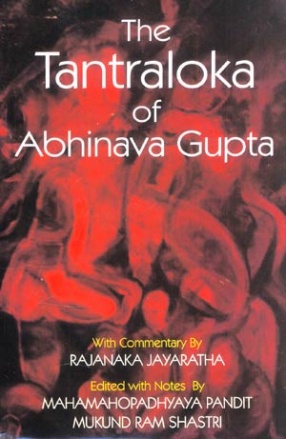


Bibliographic information